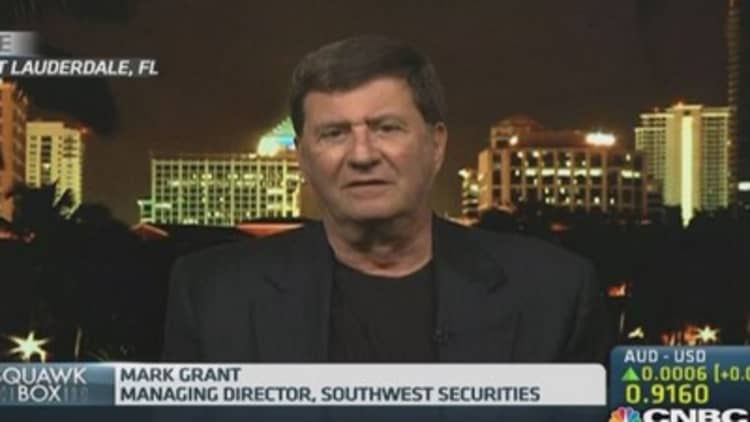rebounded mid-week as the likelihood of Scotland leaving the United Kingdom began to fade but could see further volatility before the official vote, analysts told CNBC.
A YouGov poll for the Sunday Times published over the weekend showed that the pro-independence 'Yes' vote had garnered 51 percent of support, sending the pound spiraling to a 10-month low of $1.6050 on Tuesday. However, the currency rebounded to $1.6190 in Asia early Thursday, as a spate of fresh polls indicated a 'No' vote is back in favor.
"We continue to believe that when push comes to shove on September 18, the majority in Scotland will vote to remain part of the U.K. The speed and velocity of the intraday rebound in GBP/USD suggests that many sterling traders share our view," said Kathy Lien, managing director at BK Asset Management.
Read MoreRogoff fears 'horrible disaster' for Scotland
On September 18 Scottish citizens will vote on whether they would like to be independent from the United Kingdom. A vote to break away would lead to negotiations on whether Scotland keeps the pound as its currency, threatening the monetary union.
Questionable poll results
Although poll results have triggered strong currency reactions, their validity is questionable. A Suvation poll for the Daily Record published Wednesday showed the 'No' vote was at 53 percent when discounting the 10 percent of people that haven't made up their mind, giving the pro-U.K. campaign a six point lead and contradicting the YouGov poll.
"U.K. polls are notoriously unreliable, especially about such binary issues as independence with voters saying one thing but often doing the opposite in the privacy of the booth," BK said in a note.

Read MoreIndependent Scotland: What would happen next?
Meanwhile, U.K. online betting firm Betfair said the probability of a 'No' vote remains at 70 percent with 2-5 odds across the board.
"There's a lot of risk premium in cable at the moment because the stakes are so high, but most investors seem to be ruling out a worst case scenario of a 'Yes' vote scenario," said Sean Callow, senior currency strategist at Westpac.
"I would expect some volatility next week, but we could see a relief rally if we do get a 'No' vote," he added.
After the referendum
Beyond the vote, Callow expects the pound to linger in the low $1.60s before slipping to $1.58 by year-end.
Read MoreScottish uncertainty hits sterling—how low can we go?
"Sterling is more attractive than the euro and the , but it's not as competitive against the U.S. dollar, and as long as those [U.S.] rate hike expectations keep creeping up the greenback is going to thrive," he said.
The dollar has rallied in the past few months as investors price in rate-hike expectations. Next week's Federal Reserve policy statement will be watched closely for any change in language that could signal a near-term rate hike.
According to Lien, once the referendum has passed, investors should refocus on interest rate expectations, which have been the sterling's primary driver recently.
On Wednesday, Bank of England Governor (BOE) Mark Carney said "the point where rates need to rise has moved closer," with BOE members signaling a potential hike next spring.


